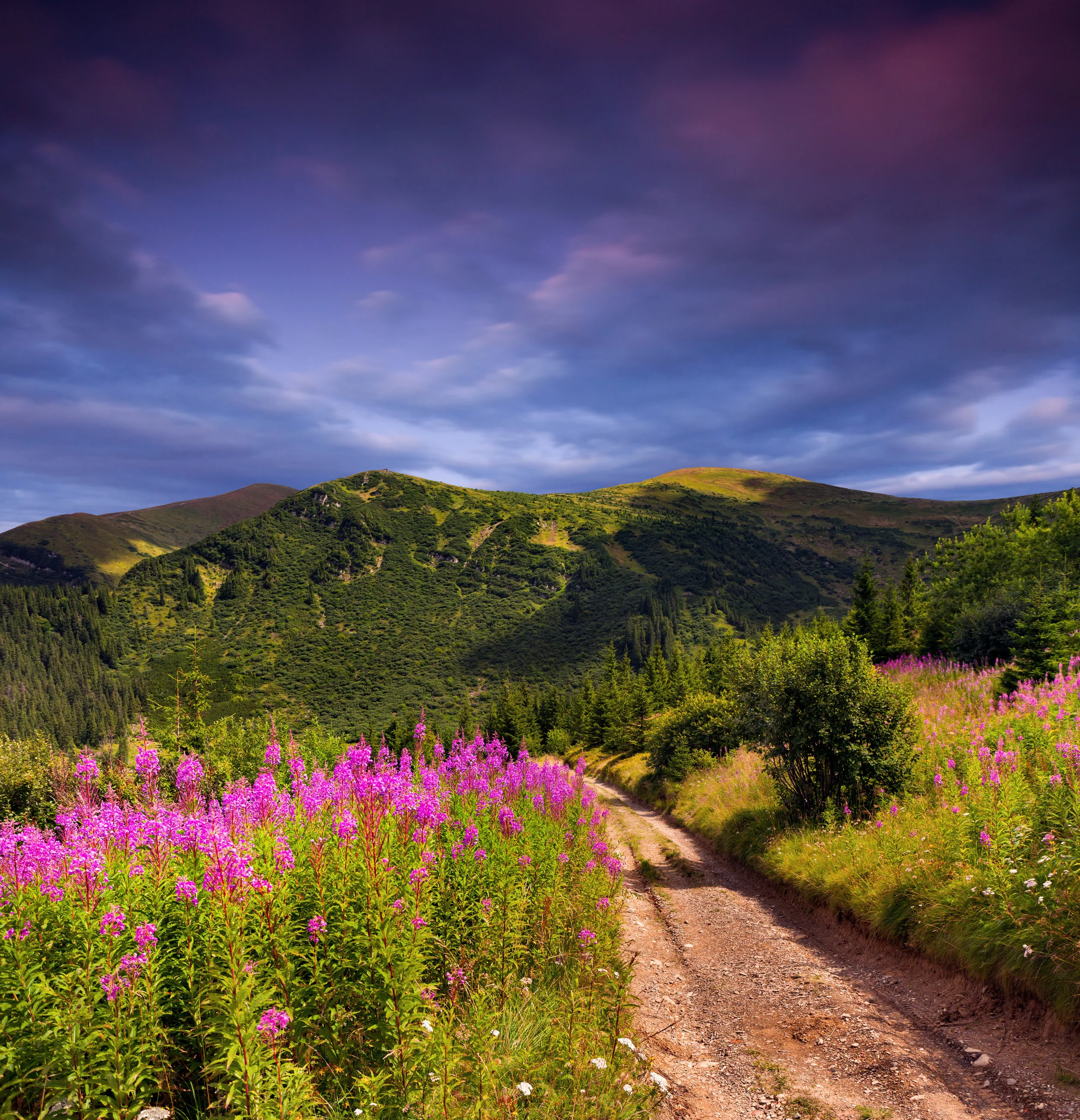Leila Darwish, community organizer and grassroots bioremediation expert, joins me on the podcast to give us an inside look into the promising possibilities of bioremediation to heal our earth’s most damaged landscapes. Bioremediation is the use of biological agents to remove or neutralize contaminants; allying with living systems to detoxify contaminated environments.
Leila has worked as a community organizer in Canada and the US on campaigns such as tar sands, fracking, nuclear energy, coal, climate justice, water protection, and more. Her energy and optimism in the face of these devastating environmental issues is inspiring. In this interview, Leila shares an overview of bioremediation and how it’s successfully being used to recover many toxic landscapes in North America, how she remains positive, governmental outlook on bioremediation and much more. Perhaps most importantly, she shares how we can get involved with bioremediation on an individual level; she certainly left me inspired to do so!

